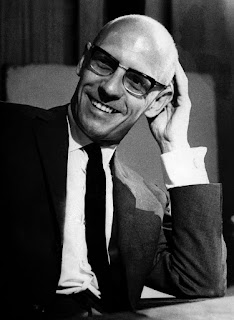The Supremacy of Scripture and Francis Schaeffer’s Line.

The Christian church in the West has abandoned the supremacy, primacy and infallibility of Scripture. Notice what I did not say. I did not say that we have abandoned the doctrine of the supremacy, primacy and infallibility of Scripture (though some have). I said we have abandoned the supremacy, primacy and infallibility of Scripture. Let me explain how this has come about, and what difference it makes. Francis Schaeffer’s The God Who is There is a favourite book of mine. In it he argues that Western man has, over a period of several centuries, become isolated from himself, from truth and from God because he has given up the search for coherence and unity in his view of his existence. Having done so, modern Western man has replaced the search for coherence with an acceptance of a dichotomy. The dichotomy is the dichotomy between the rational and the irrational, between the natural and the spiritual. Schaeffer argues that this dichotomy can be understood to have produced a line...




